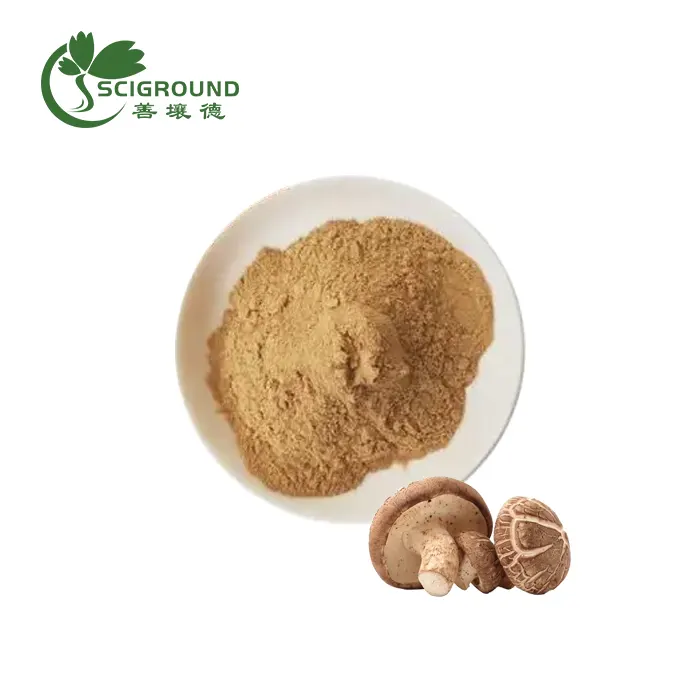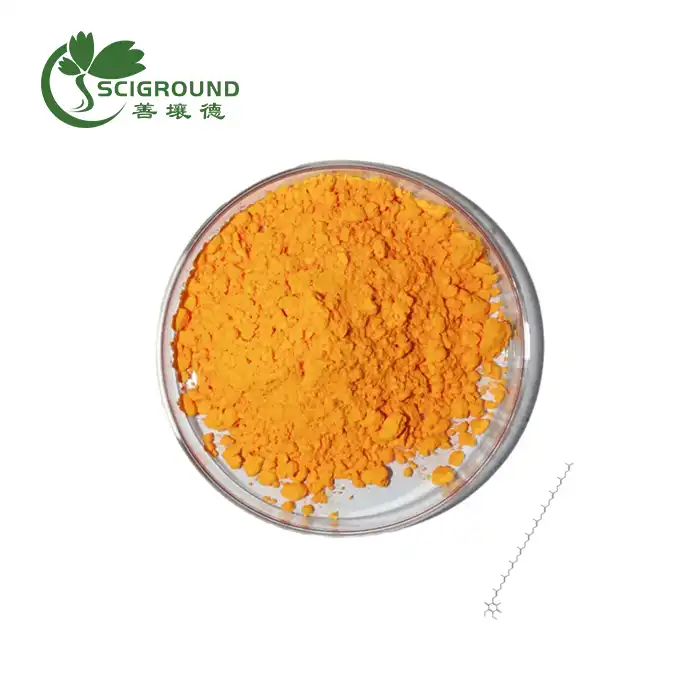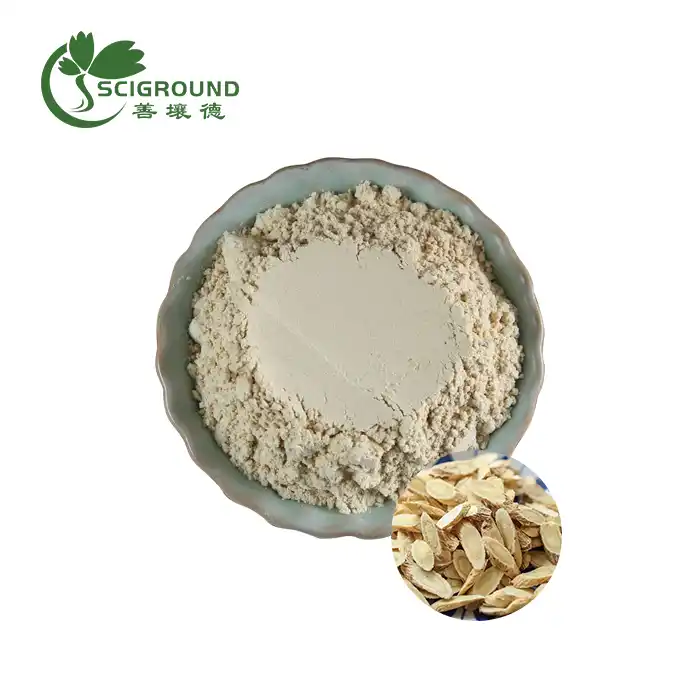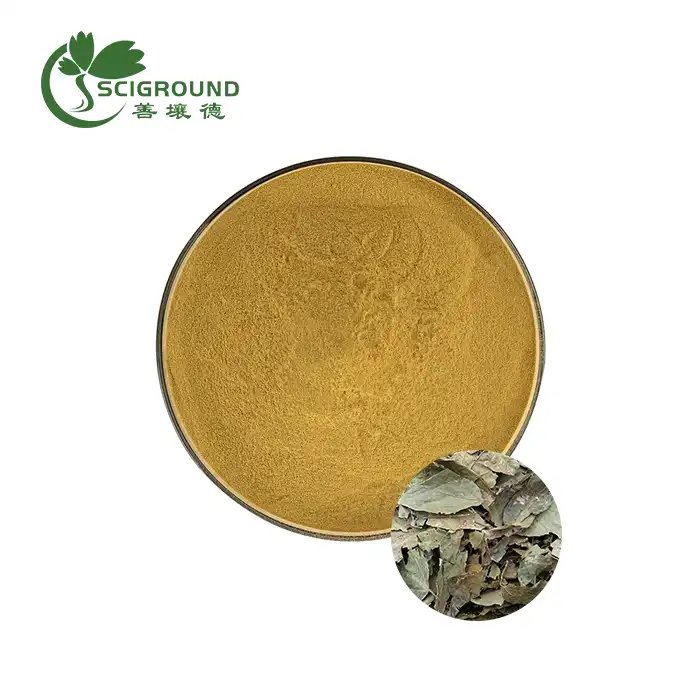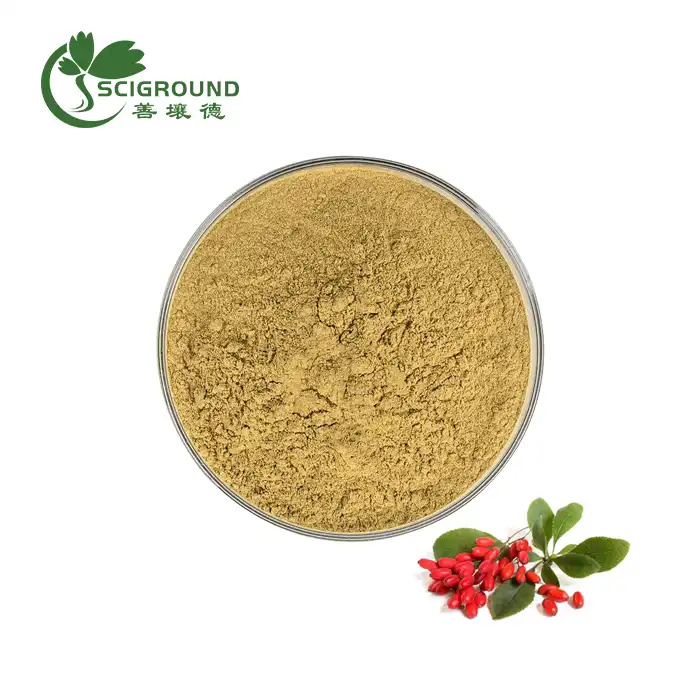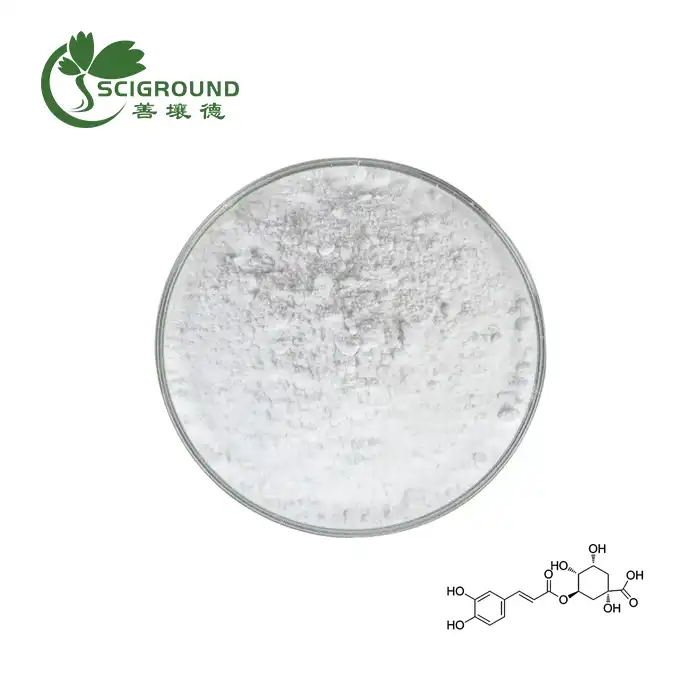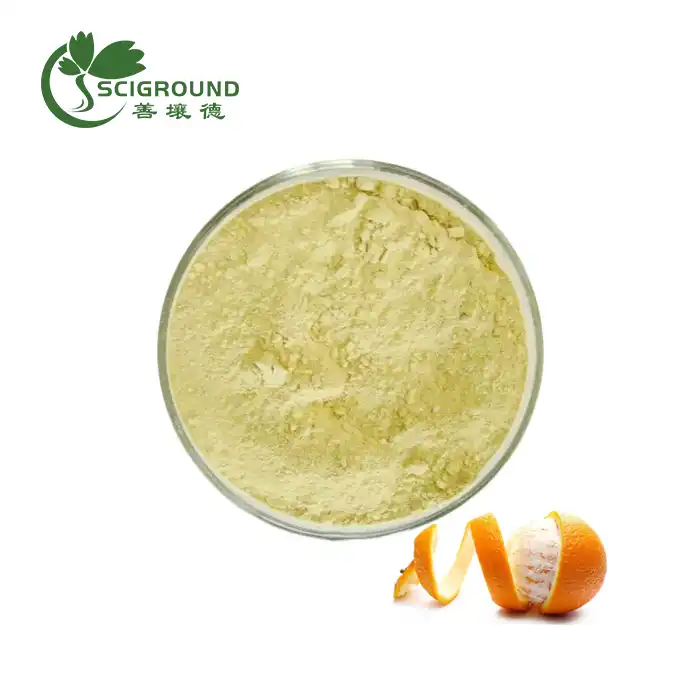What is the Best Organic Pea Protein Powder
When it comes to protein supplements, the search for excellence leads us to the realm of organic pea protein powder. In a market saturated with options, the discerning health enthusiast seeks a product that transcends mere functionality and aligns with their commitment to clean, sustainable living. Enter organic pea powder – a nutritional powerhouse derived from yellow peas, renowned not only for its protein content but also for its eco-friendly and organic pedigree.
Picture a protein supplement that not only supports your fitness goals but also reflects a conscious choice for the environment and your well-being. Organic pea powder stands as a beacon in this landscape, capturing the essence of a health-conscious lifestyle. As we embark on a closer exploration of its benefits, it becomes evident that choosing the best organic pea protein extract is not just a preference; it's a commitment to purity, sustainability, and a holistic approach to nutrition.
Which pea protein is good?
Selecting the right pea protein can be a pivotal decision in enhancing your nutritional journey. Among the various options available, a few considerations can guide you toward choosing a high-quality pea protein that aligns with your health and lifestyle goals.
Firstly, look for organic certification. Organic pea protein is cultivated without synthetic pesticides or fertilizers, ensuring a cleaner, more sustainable product. This not only benefits your health by minimizing exposure to potentially harmful chemicals but also supports environmentally friendly and ethical farming practices.
Check for purity and minimal additives. Opt for pea protein powders with simple ingredient lists, avoiding unnecessary fillers, artificial flavors, or sweeteners. A product with minimal additives is more likely to provide a pure and concentrated source of pea protein, allowing you to reap the maximum nutritional benefits.
Consider the protein content per serving. Different pea protein products may vary in protein concentration. It's advisable to choose a pea protein powder that offers a high protein content per serving to meet your specific dietary and fitness requirements effectively.
Evaluate amino acid profile. While pea protein is generally rich in essential amino acids, ensuring a well-balanced profile is crucial for optimal muscle support and overall health. Look for products that contain a spectrum of amino acids, including essential ones like leucine, isoleucine, and valine.
Assess allergen information. Pea protein is naturally allergen-friendly, being free from common allergens like dairy, soy, and gluten. However, it's essential to check for potential cross-contamination or additional allergens if you have specific dietary restrictions or sensitivities.
Read reviews and certifications. User reviews and third-party certifications can provide valuable insights into the product's quality and effectiveness. Certifications from reputable organizations, such as NSF, Informed-Choice, or USDA Organic, can be indicators of a product's adherence to quality standards.
In conclusion, the "best" pea protein for you depends on your individual needs and preferences. By considering factors like organic certification, purity, protein content, amino acid profile, allergen information, and certifications, you can make an informed decision to incorporate a high-quality pea protein into your daily routine, supporting your health and wellness goals.
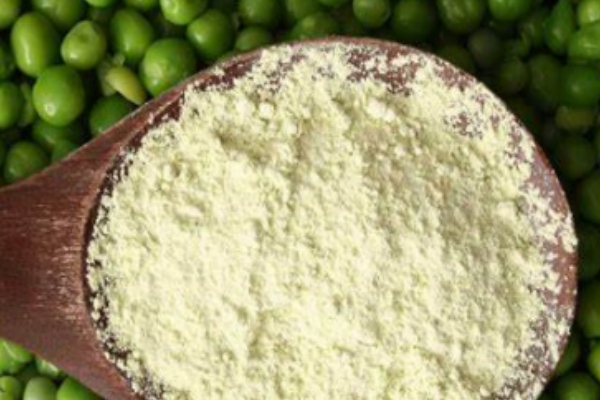
Should pea protein powder be organic?
Opting for organic pea protein powder can be a prudent choice for those seeking not only a reliable source of plant-based protein but also a product aligned with environmental sustainability and health-conscious principles. Numerous factors contribute to the argument in favor of choosing organic pea protein.
Firstly, organic pea protein is cultivated without synthetic pesticides or fertilizers. This reduces the risk of potential pesticide residues in the final product, offering a cleaner and more natural source of protein. Research suggests that organic farming methods may result in lower pesticide exposure, emphasizing the health benefits associated with choosing organic products (Bourn & Prescott, 2002).
Moreover, organic farming practices prioritize soil health through crop rotation and the use of organic matter. This sustainable approach not only supports environmental well-being but may also enhance the nutritional quality of the peas used in protein powder (Reganold et al., 2010).
When it comes to allergen considerations, organic pea protein is often a safer choice. Organic certification standards typically include rigorous measures to prevent cross-contamination with common allergens, providing assurance for individuals with specific dietary sensitivities or allergies.
While scientific studies directly comparing the nutritional content of organic versus conventional pea protein may be limited, the overall benefits of organic agriculture on food quality and environmental sustainability have been well-documented (Seufert et al., 2012).
In conclusion, choosing organic pea protein aligns with a holistic approach to health, emphasizing not only the nutritional benefits for consumers but also the positive environmental impacts associated with organic farming practices. While individual preferences and priorities may vary, the considerations of reduced pesticide exposure, sustainable farming practices, and allergen safety make a compelling case for the organic option.
What is the best rated pea supplement?
Still, some crucial factors can help you make an informed decision. Look for a pea protein greasepaint that's certified organic, has a high chance of protein per serving, and is free from artificial complements. Reading client reviews and checking for third- party testing can also give you perceptivity into the quality and effectiveness of the product. Some well- regarded brands in the request include Garden of Life, Naked Nutrition, and Tone It Up.
In conclusion, when it comes to choosing the stylish organic pea protein greasepaint, it's essential to consider factors like taste, nutritive content, and component quality. concluding for organic pea protein greasepaint ensures that you're consuming a product that's free from dangerous chemicals and offers superior nutritive value. By opting a estimable brand with positive client reviews, you can enjoy the benefits of pea protein greasepaint in your diet. Flash back to consult with a healthcare professional or nutritionist before making any major changes to your salutary routine.
References:
Bourn, D., & Prescott, J. (2002). A comparison of the nutritional value, sensory qualities, and food safety of organically and conventionally produced foods. Critical Reviews in Food Science and Nutrition, 42(1), 1–34.
Reganold, J. P., Andrews, P. K., Reeve, J. R., Carpenter-Boggs, L., Schadt, C. W., Alldredge, J. R., ... & Huggins, D. R. (2010). Fruit and soil quality of organic and conventional strawberry agroecosystems. PLoS ONE, 5(9), e12346.
Seufert, V., Ramankutty, N., & Foley, J. A. (2012). Comparing the yields of organic and conventional agriculture. Nature, 485(7397), 229–232.
Related Industry Knowledge
- Which is better milk thistle or artichoke extract?
- What are the safety and side effects of Melaleuca Extract?
- Is Epimedium Poisonous to Dogs
- Can Dogs Eat Persimmons
- L Theanine vs 5 HTP
- Capsaicin vs Capsicum
- The Benefits of Adding Pumpkin Protein Powder to Your Diet
- All You Need to Know About Pure Capsaicin Powder
- Lentinan Extract: A Powerful Mushroom-Based Supplement
- Apple Extract Powder: Unleashing the Nutritional Power of Apples
